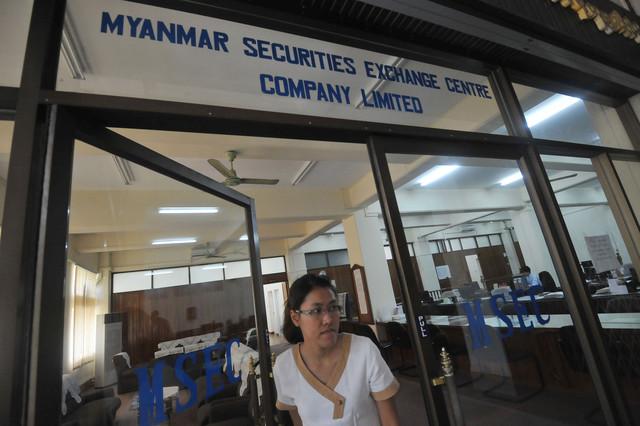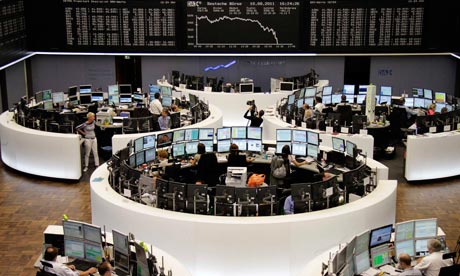Brokerdealer.com courtesy of Business Insider’s Julia La Roche and Elena Holodny.
Big name brokerdealer firm Morgan Stanley took a hard hit this week after a now ex-employee stole more than 900 clients’ information and released it online.
Business Insider’s Julia La Roche originally reported on the story on 5 January.
Morgan Stanley said it has fired an employee who had stolen data from 900 of the firm’s wealth management clients.
“While there is no evidence of any economic loss to any client, it has been determined that certain account information of approximately 900 clients, including account names and numbers, was briefly posted on the Internet. Morgan Stanley detected this exposure and the information was promptly removed,” Morgan Stanley said in a statement.
The name of the terminated employee has not been released.
For Morgan Stanley’s original press release, click here.
On 6 January Businesss Insider’s Elena Holodny wrote a follow-up story including a statement from the terminated employee.
The former Morgan Stanley employee who stole data from 900 of the firm’s wealth-management clients and posted it on the internet has come out with a statement.
Galen Marsh is “extremely sorry for his conduct,” his lawyer told Michael J. Moore for Bloomberg Businessweek, insisting that Marsh did not intend to profit off of the act.
“Mr. Marsh did not sell nor ever intend to sell any account information whatsoever,” Marsh’s lawyer told Bloomberg. “He did not post the information online. He did not share any account information with anymore nor use it for any financial gain. He is devastated by what has occurred and is extremely sorry for his conduct.”
He did not say why Marsh stole the data.
Morgan Stanley announced on Monday that the firm fired an employee, Marsh, who stole data from 900 of the firm’s wealth-management clients and then posted it on the Internet.
“While there is no evidence of any economic loss to any client, it has been determined that certain account information of approximately 900 clients, including names and numbers, was briefly posted on the internet,” Morgan Stanley said in a statement.
Information for as many as 350,000 wealth-management clients was stolen, Bloomberg reports. The firm detected account information for 900 of them on an external website.

 rokerdealer.com blog update courtesy of Investment News.
rokerdealer.com blog update courtesy of Investment News.
